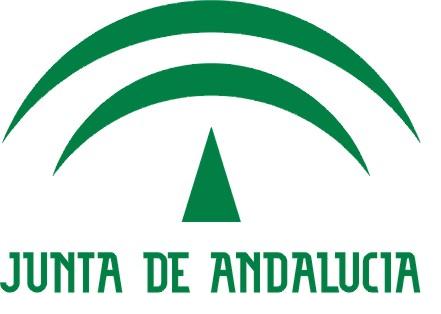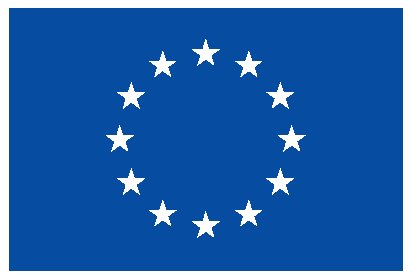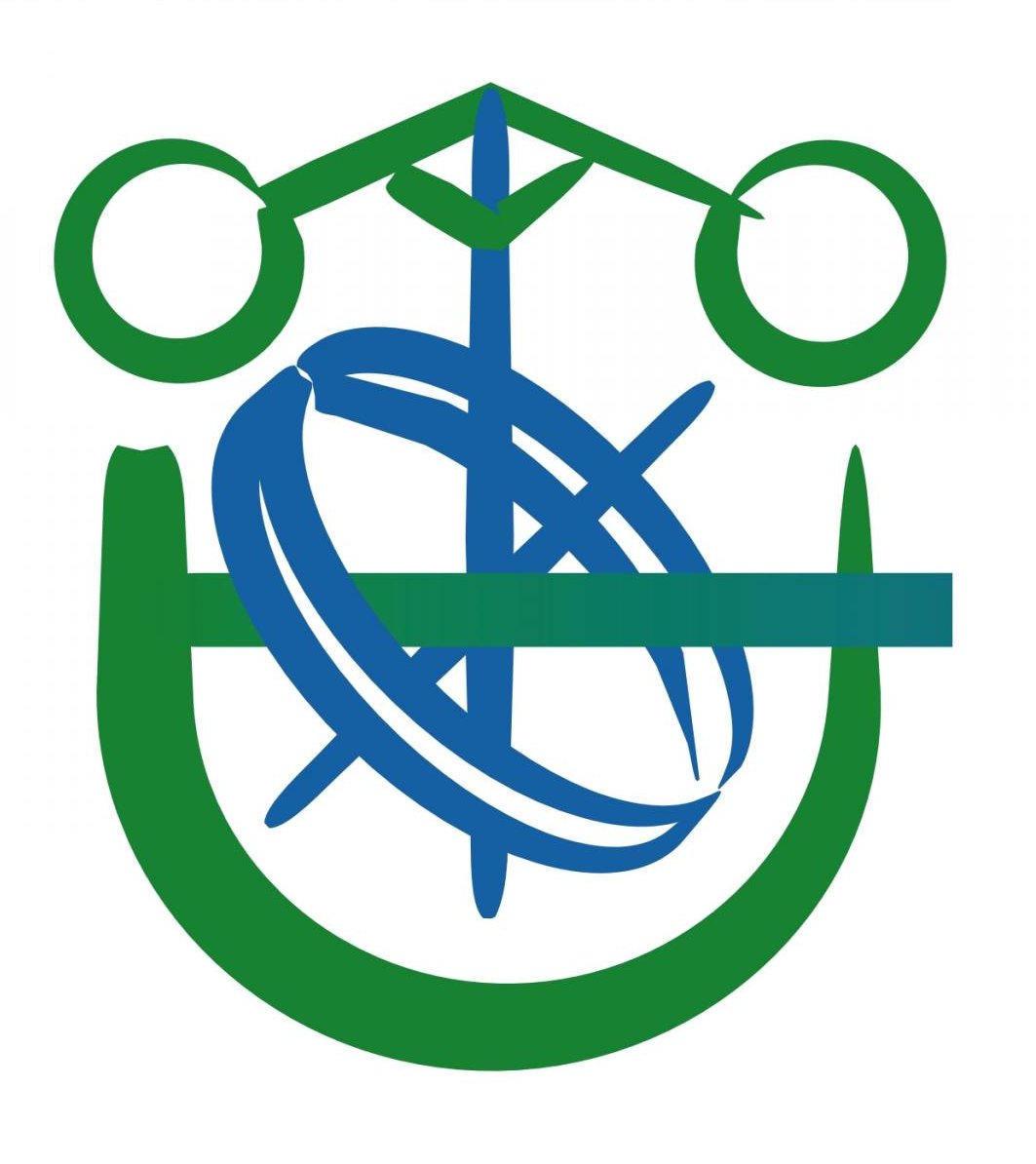A multi-objective neural network based method for cover crop identification from remote sensed data
Hits: 7277
- Áreas de investigación:
- Año:
- 2012
- Tipo de publicación:
- Artículo
- Palabras clave:
- Cruciferous, Grass weed, Multi-classification, Multi-objective evolutionary, Multispectral, Neural networks, Olive orchard, Remote sensing data
- Autores:
-
- Cruz-Ramírez, Manuel
- Hervás-Martínez, César
- Jurado-Expósito, M.
- López-Granados, F.
- Journal:
- Expert Systems with Applications
- Volumen:
- 11
- Número:
- 39
- Páginas:
- 10038–10048
- BibTex:
- Abstract:
- One of the objectives of conservation agriculture to reduce soil erosion in olive orchards is to protect the soil with cover crops between rows. Andalusian and European administrations have developed regulations to subsidise the establishment of cover crops between rows in olive orchards. Current methods to follow-up the cover crops systems by administrations consist of sampling and on ground visits of around 1% of the total olive orchards surface at any time from March to late June. This paper outlines a multi-objective neural network based method for the classification of olive trees (OT), bare soil (BS) and different cover crops (CC), using remote sensing data taken in spring and summer. The main findings of this paper are: 1) the proposed models performed well in all seasons (particularly during the summer, where only 48 pixels of CC are confused with BS and 10 of BS with CC with the best model obtained. This model obtained a 97.80% of global classification, 95.20% in the class with the worst classification rate and 0.9710 in the KAPPA statistics), and 2) the best-performing models could potentially decrease the number of complaints made to the Andalusian and European administrations. The complaints in question concern the poor performance of current on-ground methods to address the presence or absence of cover crops in olive orchards.







